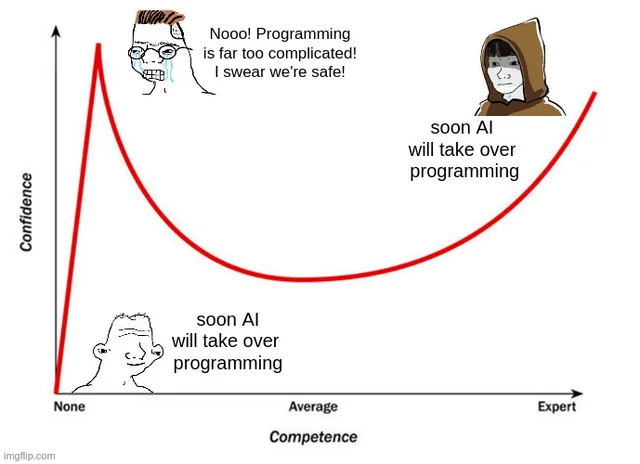Member-only story
What every programmer should know about Alan Turing
Biography
Alan Turing (1912–1954) was a British mathematician, who was highly influential in the development of theoretical computer science. Turing formalized the concepts of algorithm and computation by describing the so-called Turing machine, which can be considered a model of a general-purpose computer. Turing is widely considered to be the father of computer science and artificial intelligence.
Outside the realm of computer science, Turing is especially remembered for the role he played in World War Two whilst working for Britain’s codebreaking centre. He was particularly instrumental in improving the Allied techniques for breaking the ciphers of the famous Enigma machine, which was used extensively by Nazi Germany to encipher even their most top-secret military messages.
Sadly, despite his accomplishments in both cryptanalysis and computer science, Turing — who often worked under the cover of secrecy — was never fully recognized in his home country. To boot, in 1952, Turing was prosecuted for homosexual acts. He accepted chemical castration, which rendered him impotent and caused him to grow breasts, as an alternative to prison. Turing died in 1954, at home, at only 41 years old, from eating an apple poisoned with cyanide. Although the circumstances of his death remain unclear, it appears most…






